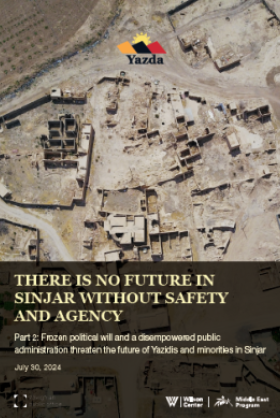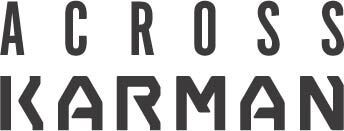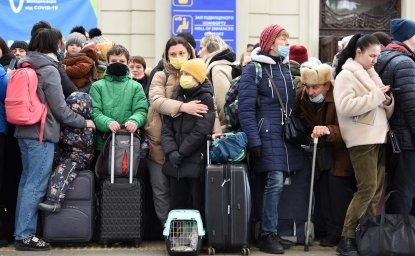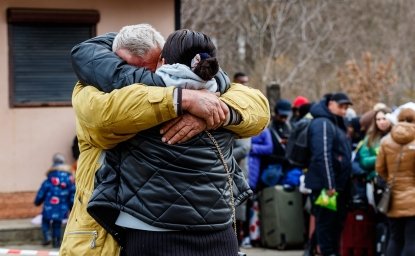There is No Future in Sinjar Without Safety and Agency


The long-term consequences of genocide and war crimes by Da’esh in Sinjar have significantly disempowered minority communities. Its lasting effects are being felt by every citizen, family, tribe, and community. Rather than zealously transform governance with innovation and equitability, the public administration in Sinjar continues to systemically exclude diversity and minorities, institutionalizing lack of access to security, services, and a sustainable future for all Yazidis.
This position paper is the second in a two-part series of policy briefs detailing critical challenges that require urgent and dedicated attention. Structured as an actionable policy manual, the featured priorities and recommendations in this paper highlight policy priorities for the Government of Iraq under the Prime Minister Mohammed Shia’ Al Sudani and the Kurdistan Regional Government under Prime Minister Masrour Barzani. The Parliament of Iraq and the Parliament of Kurdistan are critical stakeholders to enable rule and enforcement of law. Humanitarian agencies, donors, community partners, and the international community at large are necessary drivers to bring accountability to policy and action. In the indispensable spirit of transparent and self-determined representation of all communities in Sinjar, it is indispensable that any new policies, legislation, and actionable decisions be made with the direct and regular consultation of all minority groups.
Specifically, this paper urgently presents and proposes solutions to bring proper community representation to the public administration of Sinjar. Without equitable and community-led representation, sustainable socio-economic recovery and development in Sinjar will remain unachievable. With no consistent political will actioned since the territorial fall of Da’esh, minority communities continue to serve life terms in internally displaced person (IDP) camps. Some have quit on both Iraq and the Kurdistan Region. Sinjar is being left behind.

Middle East Program
The Wilson Center’s Middle East Program serves as a crucial resource for the policymaking community and beyond, providing analyses and research that helps inform US foreign policymaking, stimulates public debate, and expands knowledge about issues in the wider Middle East and North Africa (MENA) region. Read more






